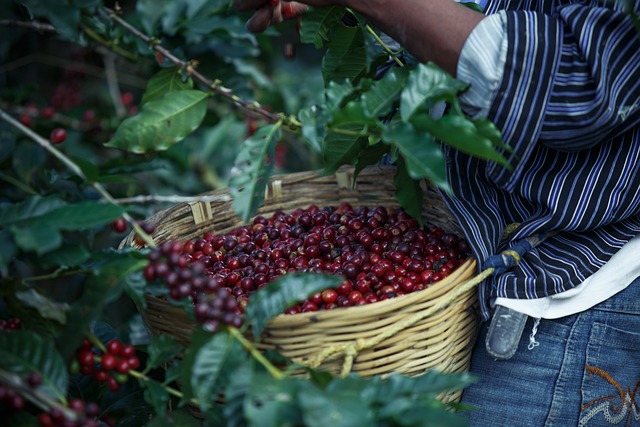Organic Coffee vs. Conventional Coffee: What’s the Difference?
Coffee is one of the most consumed beverages globally, appreciated for its stimulating effects and rich flavor. However, not all coffee is created equal. In recent years, the choice between organic and conventional coffee has gained prominence, driven by concerns about health, the environment, and ethical considerations. This article explores the differences between organic and conventional coffee, shedding light on their production methods, environmental impact, health implications, and overall consumer choices.
Organic Coffee: A Sustainable Approach
Organic coffee is grown using organic farming methods that prioritize sustainability, soil health, and reduced chemical exposure. The production of organic coffee involves:
- Natural Farming Practices: Organic coffee farmers avoid synthetic pesticides, herbicides, and fertilizers. Instead, they utilize natural alternatives and organic matter to enrich the soil.
- Environmental Benefits: By eschewing harmful chemicals, organic coffee farming promotes healthier ecosystems, protects biodiversity, and mitigates pollution of soil and water.
- Certification Standards: Organic coffee must adhere to specific certification standards, ensuring compliance with organic farming principles and practices.
Conventional Coffee: The Traditional Approach
Conventional coffee, on the other hand, follows traditional farming methods that may include the use of synthetic chemicals, pesticides, and fertilizers. Key aspects of conventional coffee production include:
- Chemical Use: Conventional coffee farming often involves the use of synthetic chemicals to enhance growth, deter pests, and increase yields.
- Environmental Concerns: The reliance on chemicals in conventional farming can have detrimental effects on the environment, such as soil degradation, water contamination, and harm to non-targeted organisms.
- Lower Production Costs: Conventional farming can be more cost-effective due to higher yields resulting from the use of chemicals.
Health Implications
Organic Coffee
- Reduced Chemical Exposure: Organic coffee minimizes exposure to synthetic chemicals commonly found in conventional coffee, potentially leading to a lower intake of harmful substances.
- Nutrient Content: Some studies suggest that organic coffee may have higher nutrient content due to the healthier soil and farming practices.
- Fewer Residues: Organic coffee is likely to have fewer pesticide residues, providing a cleaner and more natural product.
Conventional Coffee
- Chemical Residues: Conventional coffee may contain residues of synthetic chemicals, which can be a concern for health-conscious consumers.
- Pesticide Exposure: The use of pesticides in conventional coffee farming can lead to potential health risks related to pesticide exposure.
- Environmental Impact on Health: The environmental impact of conventional farming may indirectly affect human health through pollution and ecosystem disruption.
Consumer Considerations
Consumers have various factors to consider when choosing between organic and conventional coffee:
- Health Consciousness: Individuals concerned about chemical exposure and potential health effects may opt for organic coffee.
- Environmental Responsibility: Consumers with a focus on sustainability and environmental conservation may prefer organic coffee due to its eco-friendly farming practices.
- Cost Considerations: Despite the benefits, organic coffee often comes with a higher price tag due to its more labor-intensive and sustainable farming methods.
- Taste Preferences: Ultimately, taste plays a vital role, and some consumers may choose based on the flavor and aroma they prefer, regardless of the farming method.
Conclusion
Choosing between organic and conventional coffee is a matter of personal preference, taking into account health, environmental, and ethical considerations. Understanding the differences in production methods, environmental impact, health implications, and consumer perspectives can help individuals make informed choices about the coffee they consume. Whether it’s the sustainability of organic farming or the convenience of conventional methods, the coffee world offers options to suit a wide range of preferences and priorities.
Disclaimer: This article provides information for educational purposes only and does not substitute professional advice. Always consult with a healthcare professional for health-related concerns.







